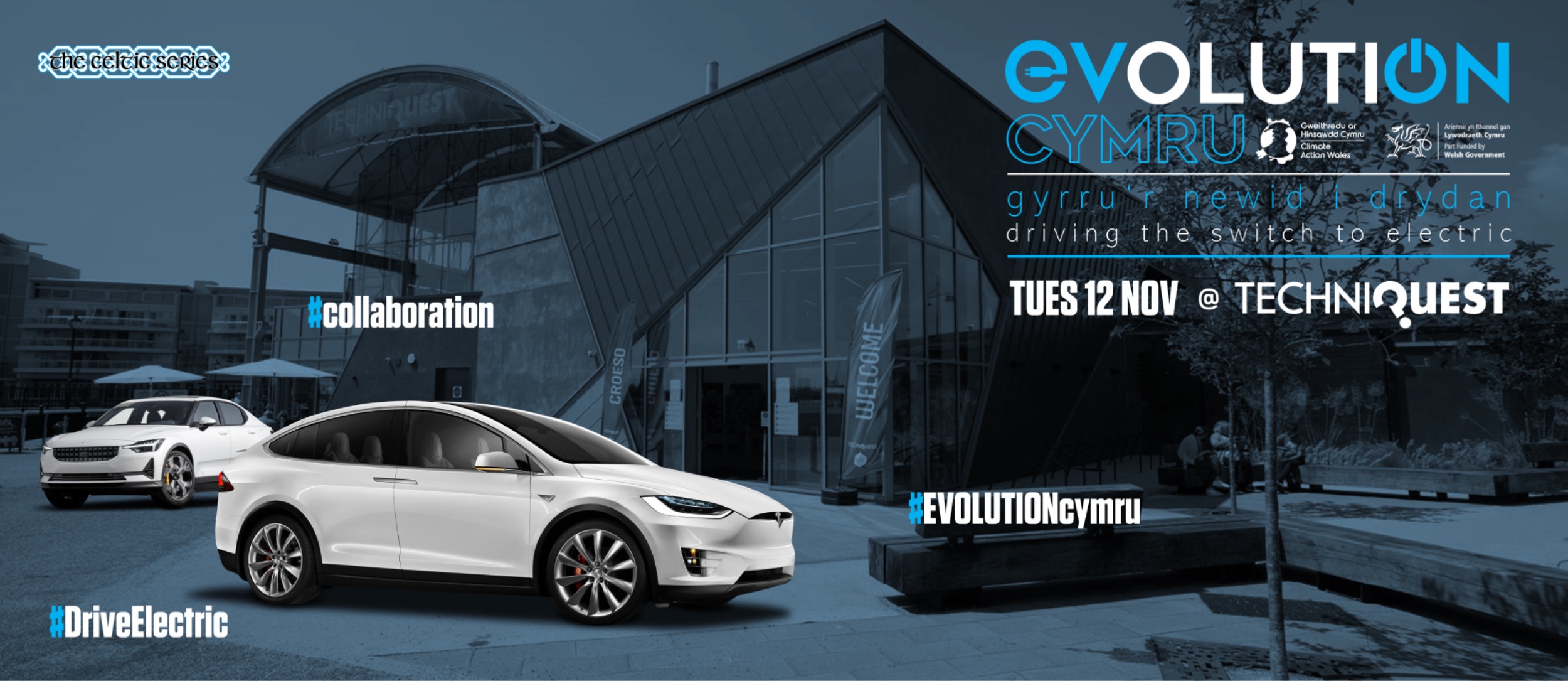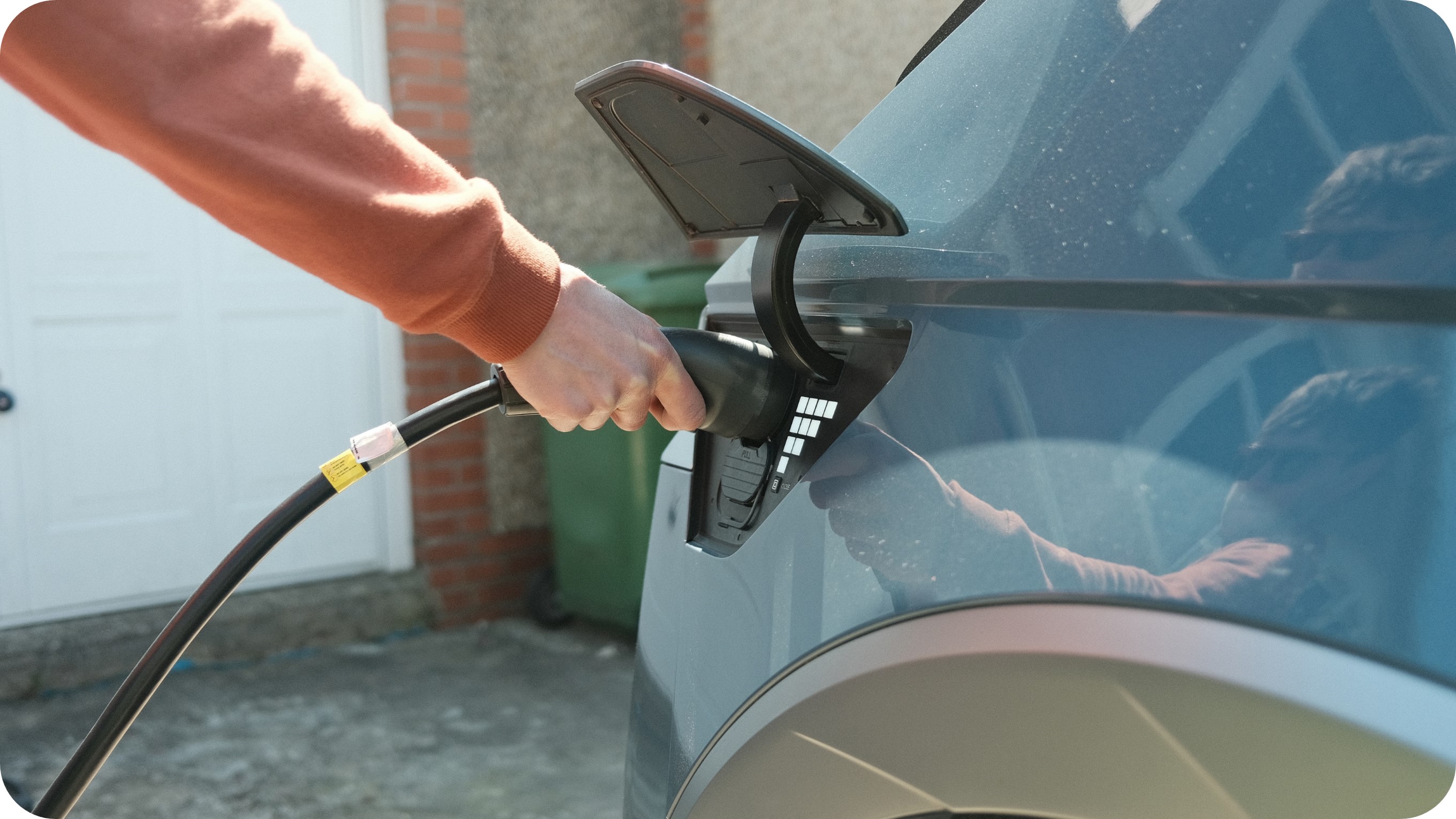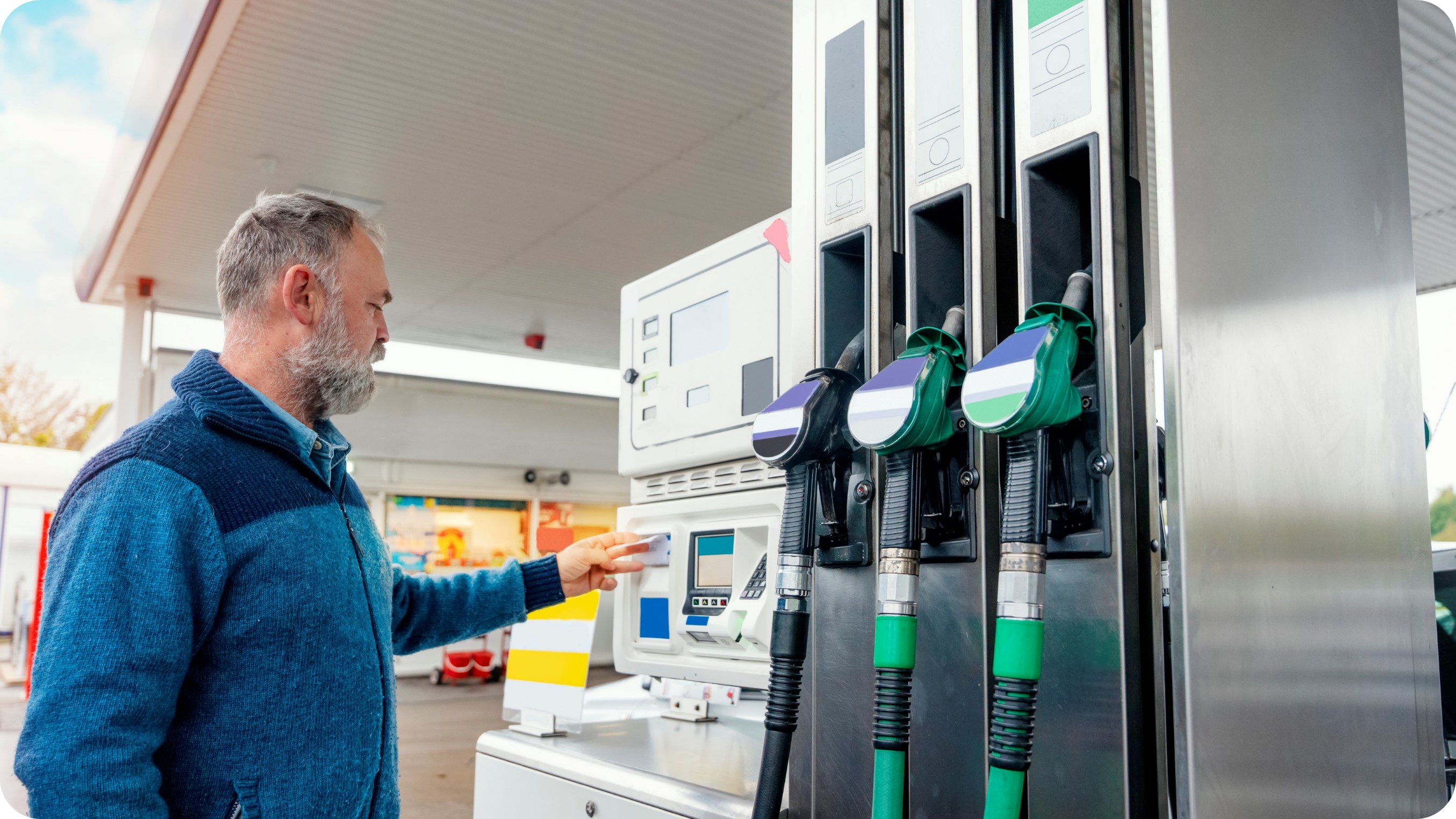Climate Action Wales
IT'S TIME FOR CLIMATE ACTION
In 2019, Wales was the first nation in the world to declare a climate emergency. Climate change is the biggest threat facing humanity, and the changes needed to tackle it will have far reaching impacts upon the way we all live our everyday lives. Climate Action Wales was set up by the Welsh Government in 2023 as a national public engagement and communications programme designed to support and encourage everyone in Wales to play a part in helping to tackling climate change.
Green Travel Choices
Transport is the third largest carbon emitting sector in Wales. The Government is working on ways to reduce harmful carbon emissions when we travel by making it easier, more affordable and more convenient for us all to use public transport and get around in a more active way.
Switch to electric vehicles
Electric vehicles (EVs) produce fewer emissions, are quieter and have lower servicing and maintenance costs than those that run on petrol or diesel. The Welsh Government continue to invest in EV charging and infrastructure to ensure everyone feels confident when making the switch to EVs. Wales now has over 2,590 publicly accessible charging points – one for every eight battery electric vehicles.
What can we do?
For those of us who have a petrol or diesel car, servicing it regularly will keep it running smoothly, and can also reduce its emissions. Keeping speed to 60mph and below will also save on fuel. If you can afford it, consider purchasing an EV when it's time to replace your current car. By 2035, we won’t be able to buy new petrol or diesel cars and vans, so it’s useful to start learning more about EVs ahead of this shift to electric.
TYPES OF ELECTRIC VEHICLE
Battery-electric vehicles (BEVs) are powered only by electricity. Plug-in hybrid electric vehicles (PHEVs) have a battery, an electric drive motor and an internal combustion engine, and extended range electric vehicles (E-REVs) combine a battery, an electric drive motor and a small petrol or diesel generator. Learn more about these three types of EV at Energy Saving Trust.
CARBON EMISSIONS
EVs don’t release direct emissions, as they run on electricity – so they’re much better for the environment than petrol and diesel cars. Driving an EV won’t produce exhaust pollutants that can harm the natural environments you drive through. They also help to reduce nitrogen dioxide pollution and reduce noise in towns and cities. While their production does have a carbon footprint, the total life-cycle emissions of hybrid and electric vehicles are reduced by up to 89% compared to internal combustion engine vehicles.
RANGE & CHARGING
A full charge in a pure electric vehicle will get you around 220 miles and will cost approximately £23 if you are able to charge at home. Conversely, driving 220 miles in a petrol or diesel car will cost around £41 in fuel. The cost savings will be most significant when owners charge at home and have access to an off-peak overnight electricity tariff. So, while charging at home tends to involve a cheaper tariff, using public charge points will still cost less than filling up a petrol or diesel car, and it will help you reduce carbon emissions too. The amount of time it takes to charge a car depends on many factors, and you can find out more about charging times here.
COSTS
Although the initial upfront purchase price of an EV can be higher than a petrol or diesel vehicle, this is usually offset by lower running costs. For example, electricity is cheaper than petrol for the same distance. There are also fewer mechanical components in an EV compared with conventional vehicles, which often results in lower servicing and maintenance costs. An EV battery won’t need changing very often, but when it does, it can be one of the most expensive parts.
ROAD TAX
Vehicle tax, more commonly known as road tax, is another area where electric car buyers can make savings. Electric cars with a list price of less than £40,000 are exempt from paying the vehicle tax other cars are subject to. That means you’ll pay nothing.
AIR AND NOISE POLLUTION
Although EVs don’t create exhaust pipe emissions as they run on electricity, they do cause pollution through tyres and brakes. The extra weight of EVs compared to petrol and diesel cars increases wear and particle pollution. EVs are quiet, so their engines don’t add to noise pollution, although to safely alert pedestrians to oncoming traffic, EVs include a sound generator to add a certain level of sound when reversing or running below 12mph, and at higher speeds they still make noise from their tyres on the road surface.
BATTERIES
The majority of emissions produced by an EV are during the manufacturing and assembly of electric batteries. Although many manufacturers are working to improve mining techniques to reduce emissions from the mining and extraction process, various non- renewable materials like lithium, nickel, cobalt or graphite are used to manufacture electric batteries. There’s also no standard process for recycling batteries yet, although there’s a lot of research going into how electric car batteries can be reused.
ENERGY USE
An EV’s electric motor is highly efficient and converts around two thirds of the electricity to mechanical energy. This is much higher than conventional cars, which usually convert less than one-third of fuel to power the car.
- 226 High Road, Loughton, Essex IG10 1ET
- +44 (0)20 8532 0055
- info@events.greenfleet.net






